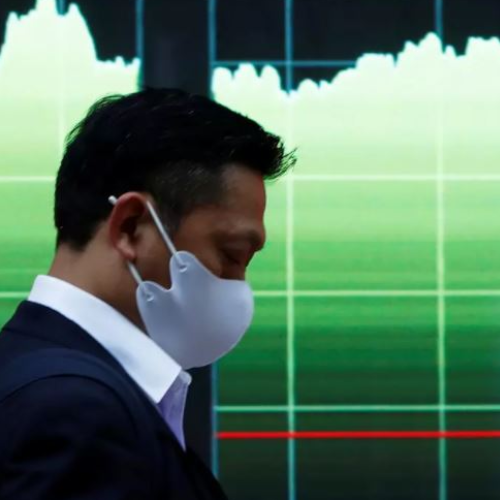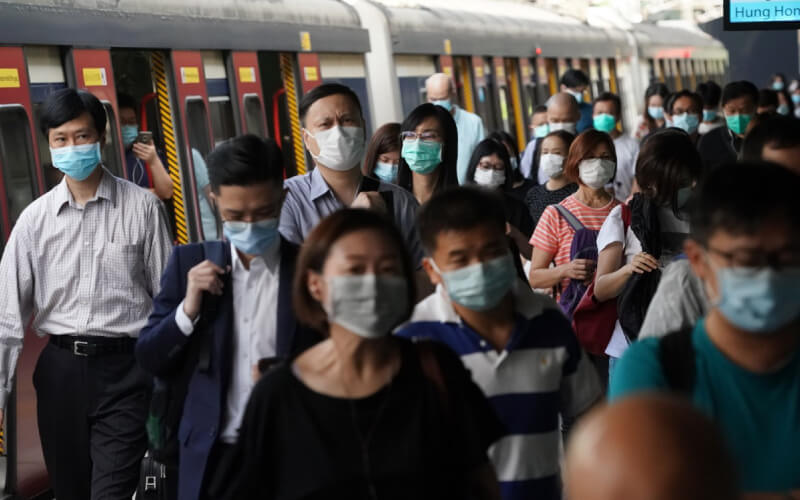Countless headlines, since the coronavirus pandemic took hold, have used some variation of the phrases “going back to the new normal” and “everything must change”. But what, exactly, is this new normal? And what, exactly, needs to change?
The global pandemic has shone a light on significant domestic and international weaknesses. It also exposed some of the myths and fallacies of conventions used to explain the world. Changes that were already happening have been accelerated, fulfilling in a few months what might have otherwise taken decades. Yet not every change needs to be a cause for concern. This is the moment for the current and next generation of leaders to make their mark and grab the opportunity to fix these mistakes and allow for a true reset.
The pandemic has highlighted the need to challenge our assumptions and understanding. We need to change what is clearly no longer suited to our times and the future we want in the face of several existential threats. Here are 10 broad areas to consider:
1. Transforming the corporate world
Before the pandemic, global companies appeared to be incredibly resilient. Interconnectivity was meant to ensure that a problem in one place would shift supply chains elsewhere, and consumers would never see the difference. Goods would remain on store shelves (or, increasingly, on e-commerce sites), with no indication to the shopper of what was happening behind the scenes.
But the pandemic, a truly global shock, exposed the fragility of the global economy and its networks. An interconnected economy, rather than reinforcing resilience, amplified the domino effect – spreading economic pain and disruption around the world, as companies laid off employees.
Governments cannot prevent another global shock from happening, but they can make sure that corporations are ready to meet their obligations to society. This starts with workers, the basis of the social contract between business and society. Policymakers need to think about how to transform corporate incentives to build in actual systemic resilience.
2. Rethinking monetary policy for public good
To respond to the economic pain and disruption of the pandemic and related public-health measures, governments are passing relief packages of record size, numbering in the billions of dollars. Before the pandemic, governments were sceptical of spending too much money. The question “but how do you pay for this?” was common when discussing massive public programmes in both legislatures and the media.
The pandemic has torpedoed these beliefs. As governments tap into their reserves to unleash public spending, they could invest in necessary infrastructure, pay for the public provision of basic needs and public services, and invest in research and development to prepare society for future challenges.
Providing low-cost housing, for example, would give low-income families security and the means to invest in themselves. From starting their own businesses to improving their health, it would be a long-term investment in expanding the ability of more segments of the population to contribute to society.
3. Reimagining growth
Before the pandemic, governments relied on continued growth for political legitimacy. Economic growth is a proxy for success. It is common for emerging economies to choose a “growth target”: either a targeted growth rate for the year or a targeted economic size by a certain period of time.
The world needs to abandon growth as a target in itself. Perpetual growth pushes society to relentlessly consume more resources. As a result, economic policy is distorted, focusing on accounting and investment gimmicks rather than real economic development and progress. Instead, governments in both emerging and advanced economies need to remember what growth is for: improving standards-of-living for a whole population, and not just segments of society.
If countries abandon economic growth as a metric, they will need more meaningful systems of measurement to guide them. Perhaps some combination of employment numbers, access to basic needs, sustainability targets, and investments focused towards the future.





























